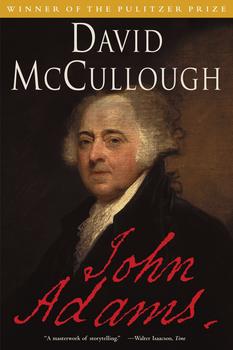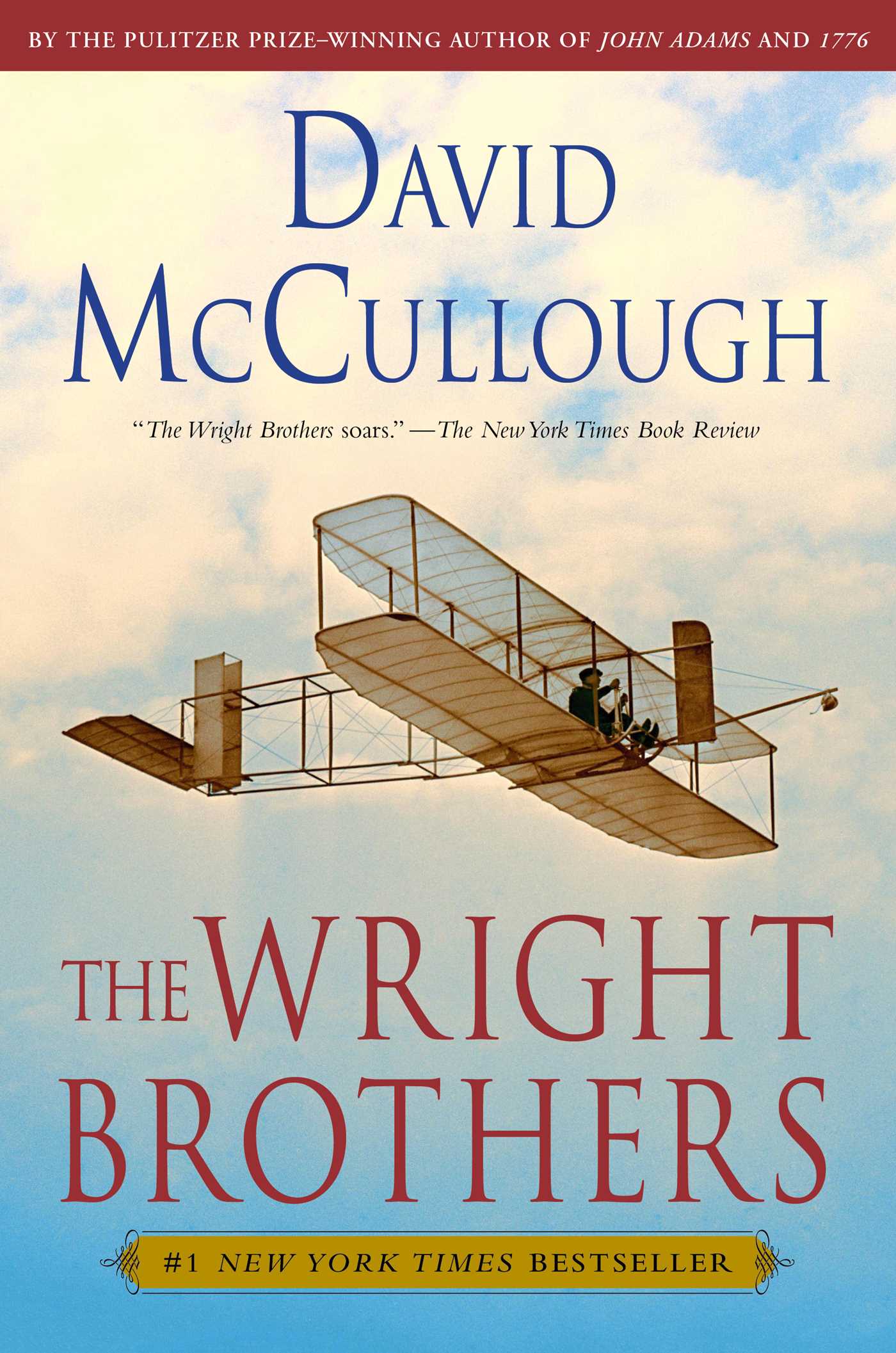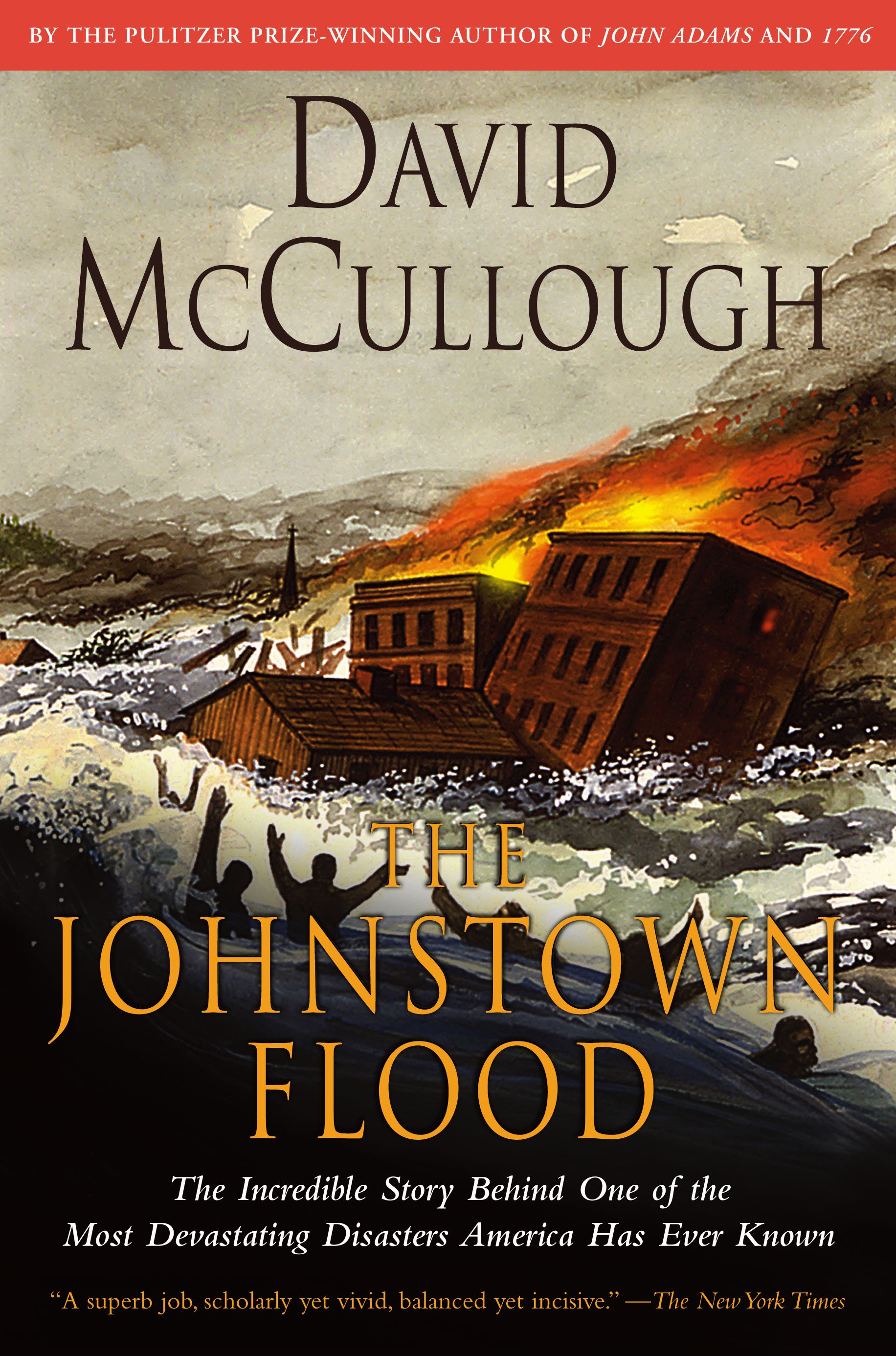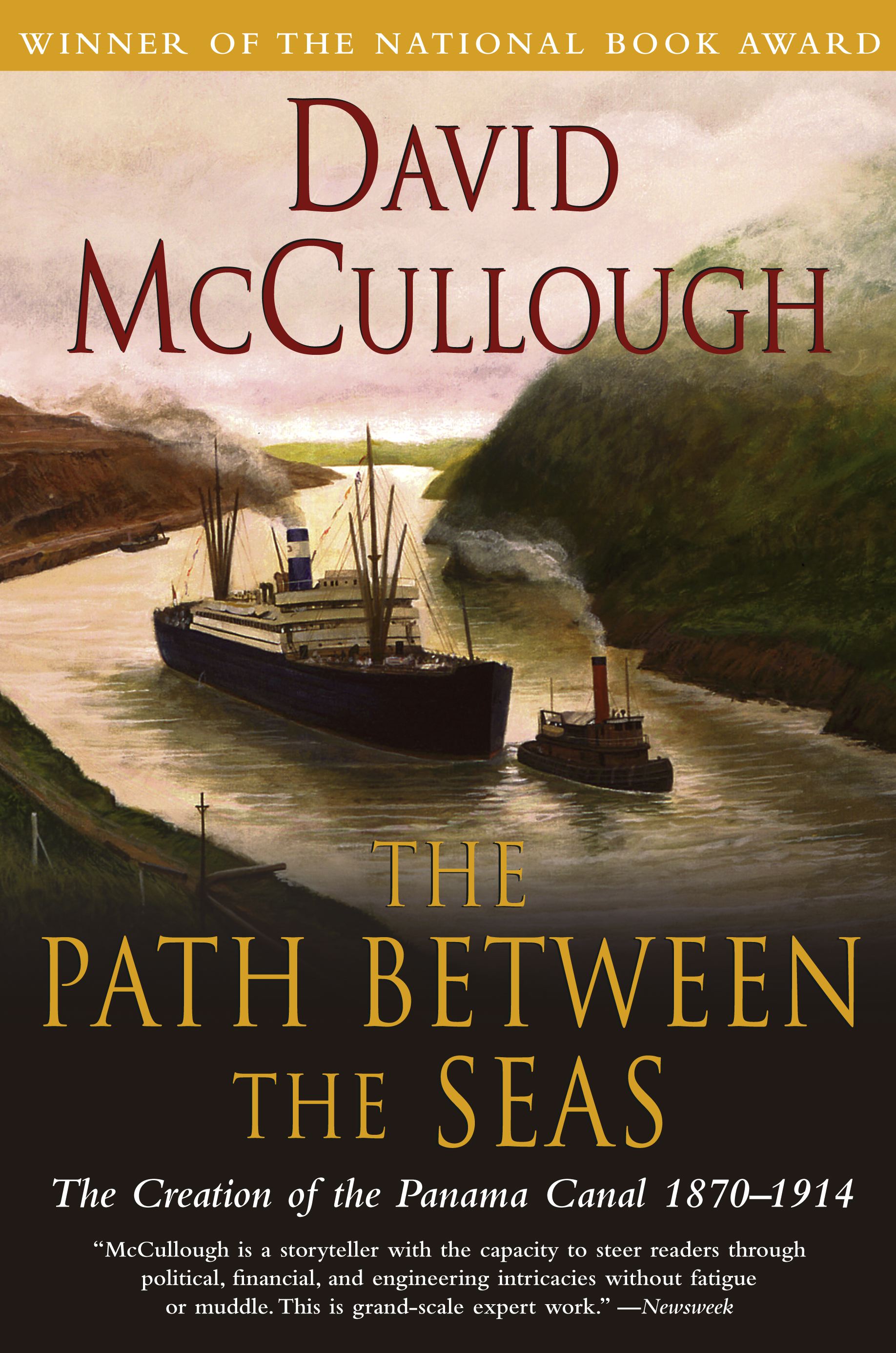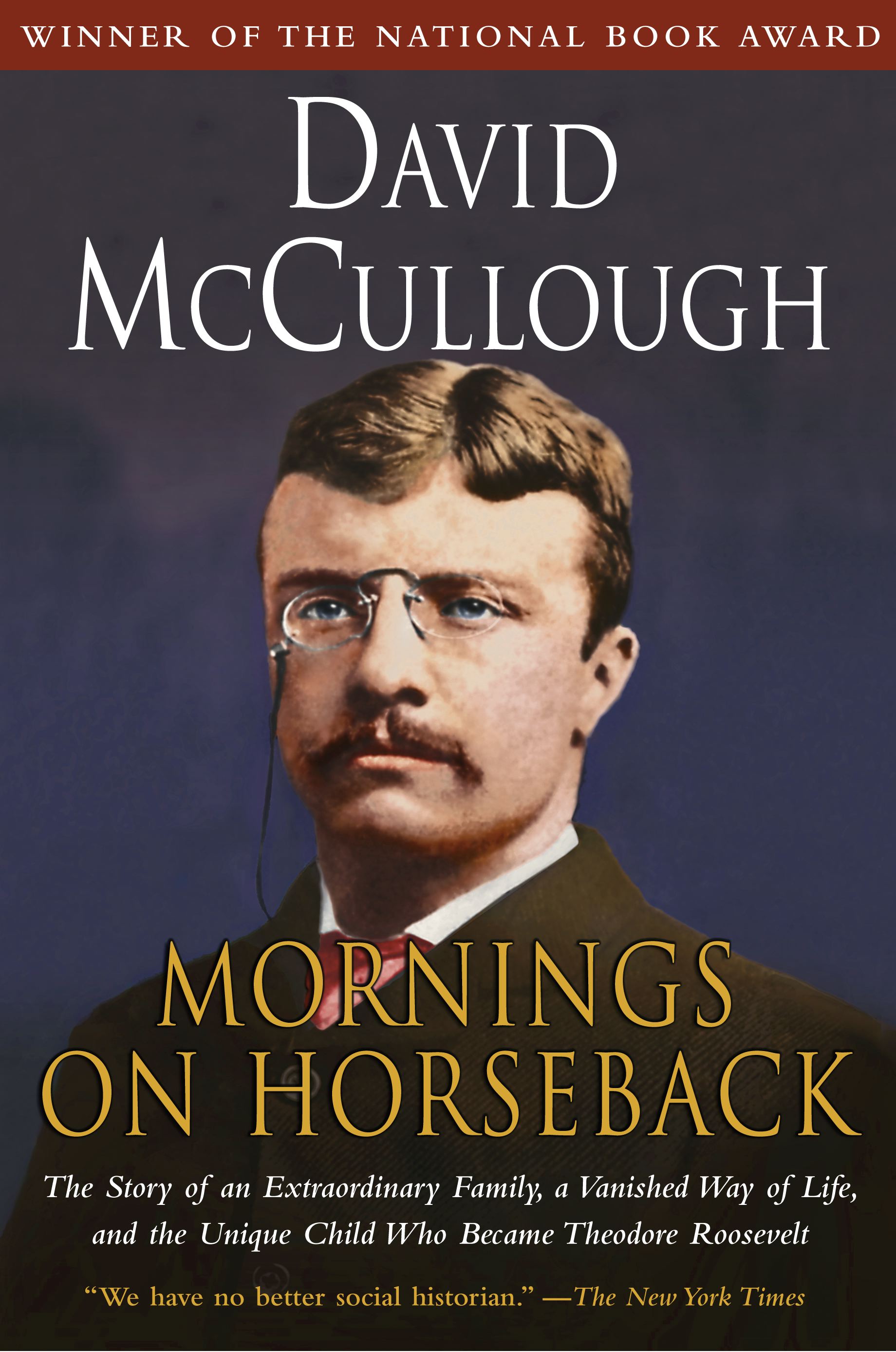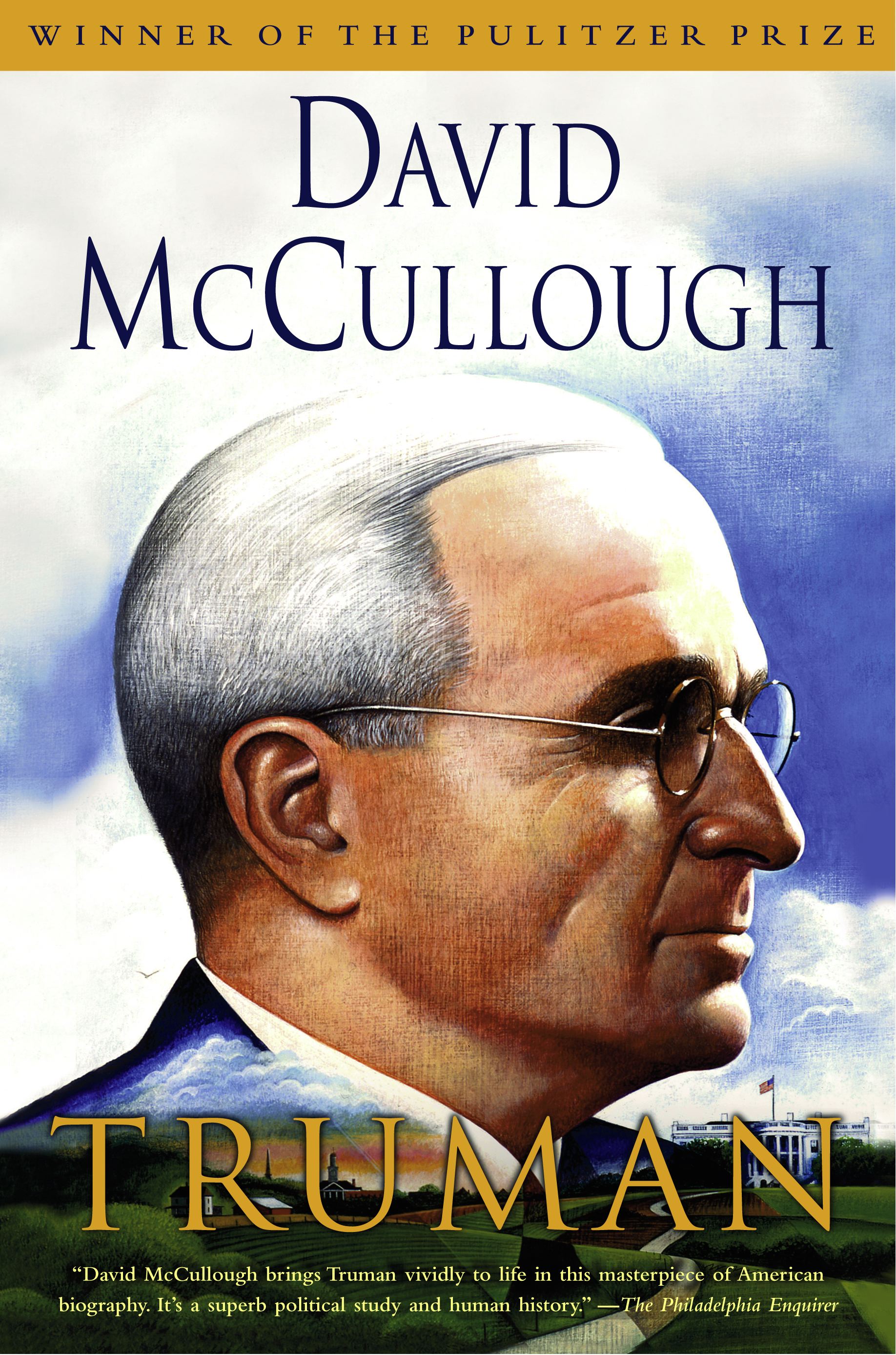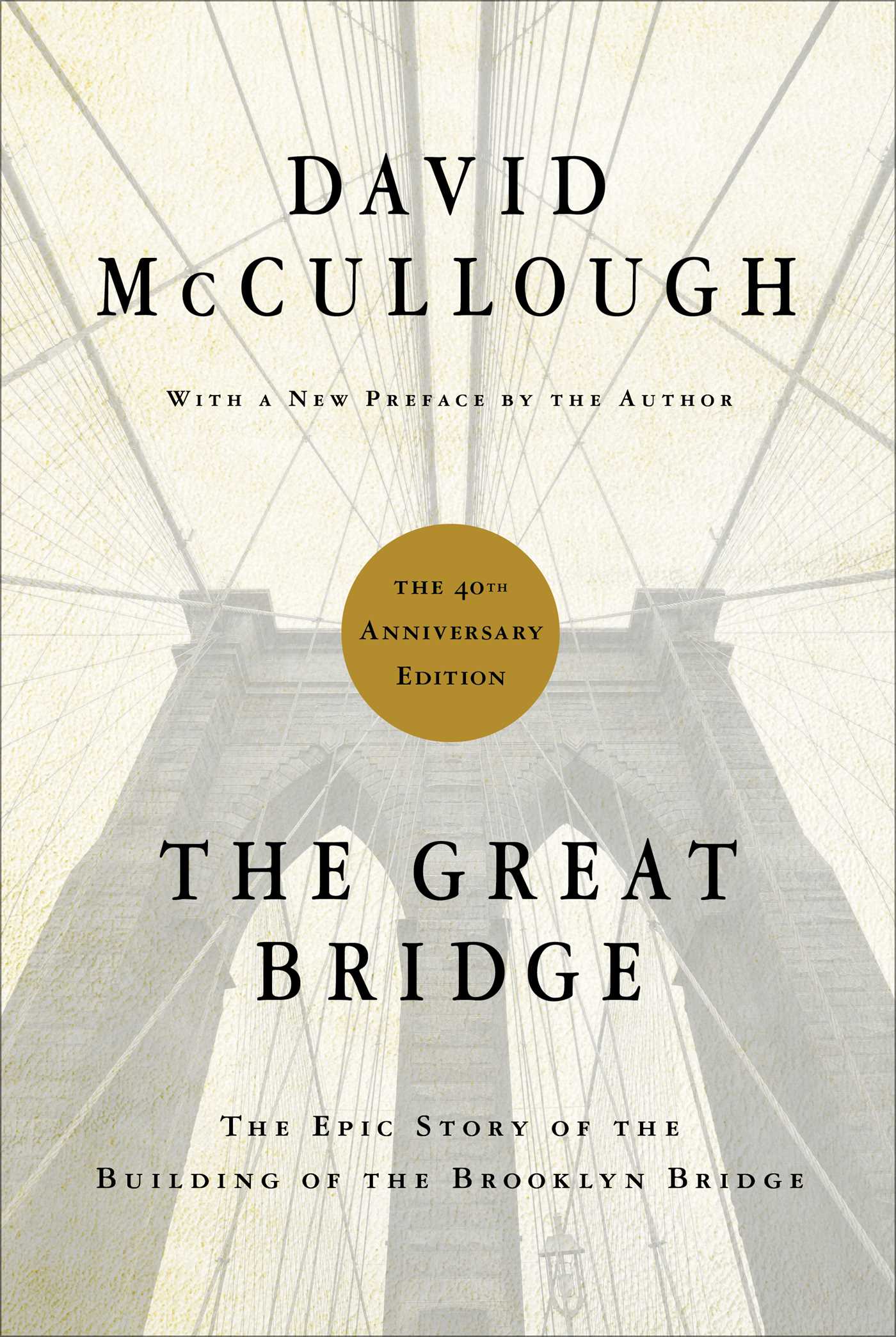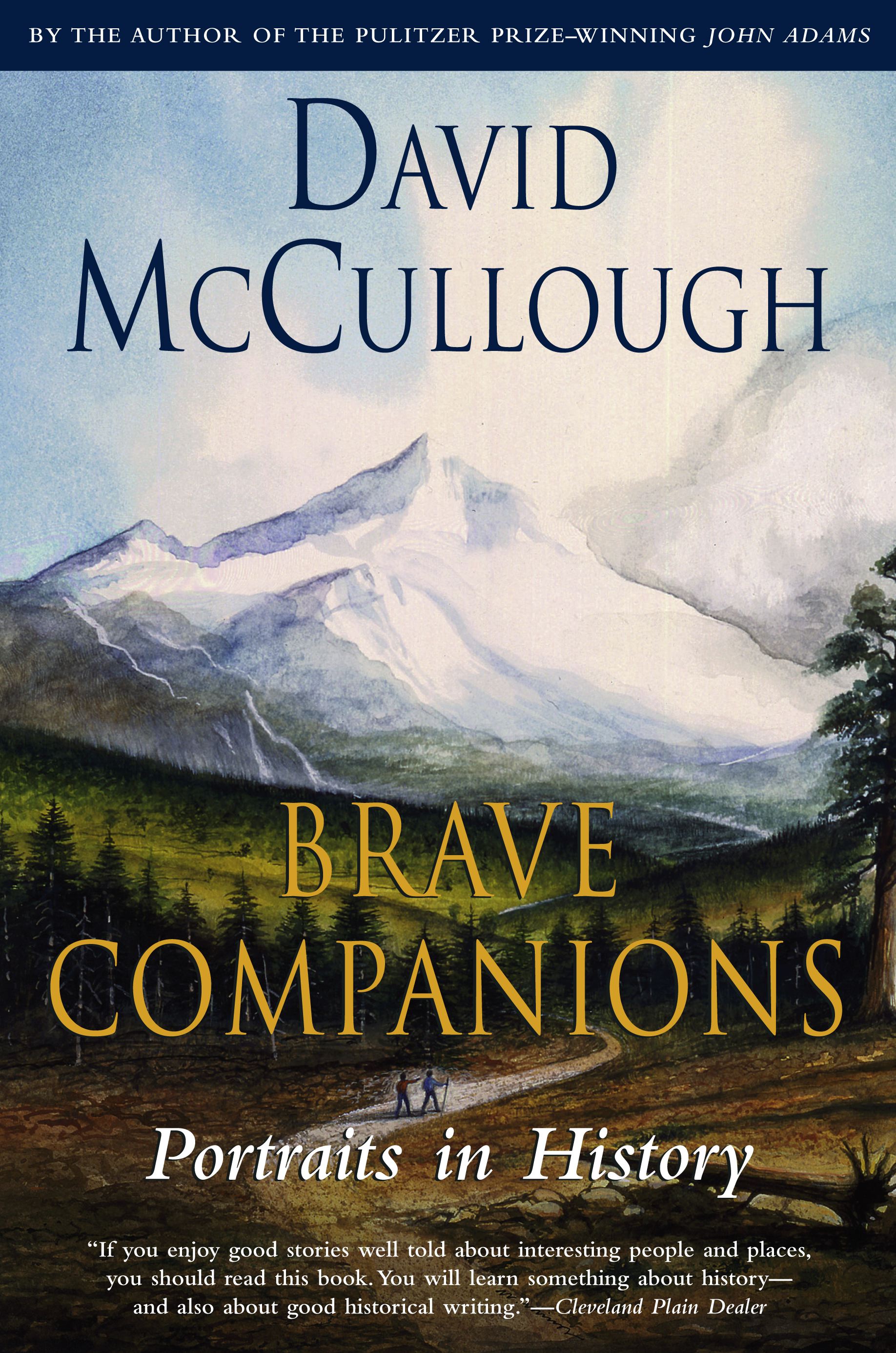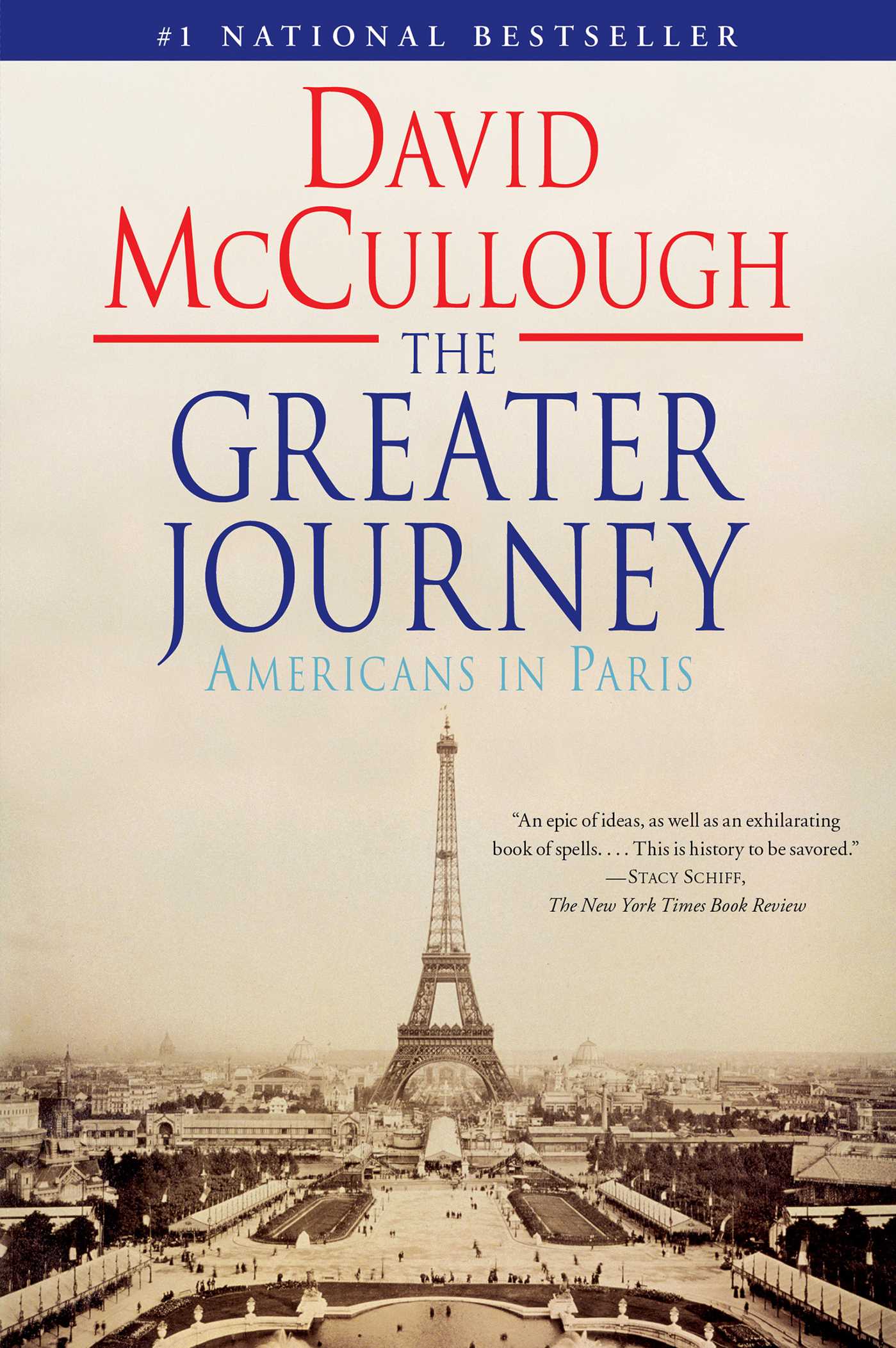David McCullough has the gift of making any historical event fascinating and relatable. Through his vivid portraits of the larger-than-life personalities and events that have shaped our nation, McCullough offers an entertaining and informative window into the past. A two-time winner of the Pulitzer Prize, McCullough is celebrating fifty years with his publisher, Simon & Schuster, and fortunately for us all, he’s as prolific as he is talented. If you happen to be looking for the perfect Father’s Day gift, look no further, for here we celebrate ten of his highly acclaimed books that will convert anyone into a history buff.

America’s Historian: Celebrating David McCullough’s Fifty-Year Career
In his book 1776, David McCullough illustrates the “OG” (aka “original gangster”) of American uprisings, led by General George Washington himself—the stirring story of our nation’s birth. This is an intensely human tale of the Americans in the ranks and the momentous 12 months of revolution in which they fought for independence.
In his book 1776, David McCullough illustrates the “OG” (aka “original gangster”) of American uprisings, led by General George Washington himself—the stirring story of our nation’s birth. This is an intensely human tale of the Americans in the ranks and the momentous 12 months of revolution in which they fought for independence.
Widely known thanks to the HBO series of the same name, this Pulitzer Prize-winning biography of John Adams is cinematic in its own right. Adams was a brilliant lawyer, statesman, thinker, and farmer, and McCullough captures him in all of his glory and failure, presenting a comprehensive portrait of one of the most compelling forces in the establishment of the United States.
Widely known thanks to the HBO series of the same name, this Pulitzer Prize-winning biography of John Adams is cinematic in its own right. Adams was a brilliant lawyer, statesman, thinker, and farmer, and McCullough captures him in all of his glory and failure, presenting a comprehensive portrait of one of the most compelling forces in the establishment of the United States.
Two-time winner of the Pulitzer Prize, David McCullough tells the dramatic behind-the-scenes-story of Wilbur and Orville Wright, the courageous brothers who taught the world how to fly. David McCullough was awarded in 2006.
Two-time winner of the Pulitzer Prize, David McCullough tells the dramatic behind-the-scenes-story of Wilbur and Orville Wright, the courageous brothers who taught the world how to fly. David McCullough was awarded in 2006.
A cautionary tale of scandal, negligence, and tragedy in Gilded Age America, this is the story of nineteenth-century titans of industry who, after ignoring repeated warnings, created a lakeside resort in the mountains outside Johnstown, Pennsylvania, by constructing a dam. The dam broke, and a disastrous and devastating flood was unleashed.
A cautionary tale of scandal, negligence, and tragedy in Gilded Age America, this is the story of nineteenth-century titans of industry who, after ignoring repeated warnings, created a lakeside resort in the mountains outside Johnstown, Pennsylvania, by constructing a dam. The dam broke, and a disastrous and devastating flood was unleashed.
Winner of the National Book Award, this is the story of the men and women as well as the tragedy and triumph behind the engineering feat that solved the age-old problem of maritime travel: the creation of the Panama Canal.
Winner of the National Book Award, this is the story of the men and women as well as the tragedy and triumph behind the engineering feat that solved the age-old problem of maritime travel: the creation of the Panama Canal.
In this National Book Award–winning work, McCullough paints an intimate portrait of a young Roosevelt that explores his metamorphosis from a sickly child into the adventurer and statesman who left an indelible mark on American history.
In this National Book Award–winning work, McCullough paints an intimate portrait of a young Roosevelt that explores his metamorphosis from a sickly child into the adventurer and statesman who left an indelible mark on American history.
This Pulitzer Prize–winning biography of the thirty-third president examines Harry S. Truman’s incredible life through World War II, the dropping of the atomic bomb, and his interactions with some of the twentieth century’s larger-than-life personalities—Eleanor Roosevelt, Winston Churchill, and Josef Stalin among them.
This Pulitzer Prize–winning biography of the thirty-third president examines Harry S. Truman’s incredible life through World War II, the dropping of the atomic bomb, and his interactions with some of the twentieth century’s larger-than-life personalities—Eleanor Roosevelt, Winston Churchill, and Josef Stalin among them.
The Brooklyn Bridge is a staggering feat of architecture and a symbol of achievement in the face of adversity. McCullough’s dignified prose illuminates the sweeping drama surrounding the creation of the only stone-towered, steel-cabled bridge on earth.
The Brooklyn Bridge is a staggering feat of architecture and a symbol of achievement in the face of adversity. McCullough’s dignified prose illuminates the sweeping drama surrounding the creation of the only stone-towered, steel-cabled bridge on earth.
With his trademark storytelling style, McCullough honors seventeen of history’s most daring and visionary names, from explorer Alexander von Humboldt to writer Harriet Beecher Stowe to long-distance aviators Charles and Anne Lindbergh.
With his trademark storytelling style, McCullough honors seventeen of history’s most daring and visionary names, from explorer Alexander von Humboldt to writer Harriet Beecher Stowe to long-distance aviators Charles and Anne Lindbergh.
Between 1830 and 1900, hundreds of Americans—including Mark Twain, Harriet Beecher Stowe, and Oliver Wendell Holmes—traveled to Paris, and their experience abroad dramatically shaped them in ways that would later affect their contributions to art, medicine, politics, and more upon their return to the United States.
Between 1830 and 1900, hundreds of Americans—including Mark Twain, Harriet Beecher Stowe, and Oliver Wendell Holmes—traveled to Paris, and their experience abroad dramatically shaped them in ways that would later affect their contributions to art, medicine, politics, and more upon their return to the United States.









